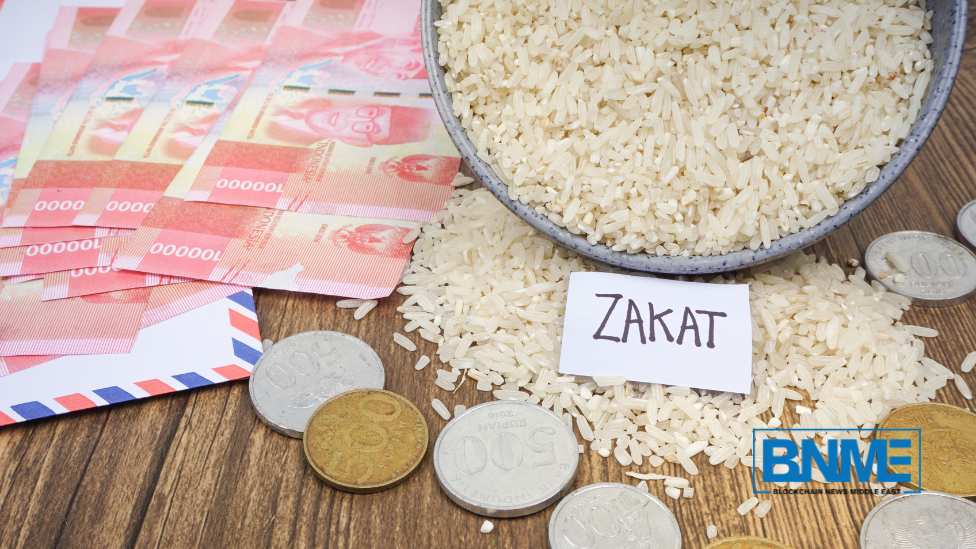We can no longer deny blockchain technology and cryptocurrencies’ existence. These technologies have changed things in the financial sector in different countries including Islamic countries like Qatar.
Given that Islamic law heavily relies on fatwas (legal opinions of Shariah experts), the future of cryptocurrencies—whether they’re deemed haram (impermissible) or halal (Shariah-compliant)—will ultimately be determined by such a fatwa.
Zakat
Zakat is a fundamental pillar of Islam. It is a teaching that highlights the significance of assisting the most vulnerable members of society. It emphasizes the epitome of selflessness, generosity, and social reform.
Also, Zakat acts as a purifying force for the heart, cleansing it from greed and despair. It is more than an act of charity. Zakat represents a mandatory duty for every Muslim to contribute a portion of their annual earnings to support the needy.
Potentials Blockchain for Zakat and Charity in Qatar
In Qatar, charitable giving, including Zakat, is deeply rooted in the culture and values of society. Blockchain technology offers a unique and innovative approach to traditional philanthropy. Some of the potential benefits include:
Smart Contracts
Blockchain allows for smart contracts usage in Zakat collection and distribution. These smart contracts can be programmed to autonomously allocate funds to eligible recipients based on agreed criteria, such as income level, family size, and geographical location.
Transparency and Accountability
Using blockchain technology for Zakat and charities in Qatar provides a unique, transparent, and accountable way of collecting and distributing funds. Blockchain technology provides transparent and auditable records of donations. In other words, blockchain makes it possible to monitor the entire process easily. Also, the technology allows the stakeholders and public to audit the money distribution easily. Hence, the public can see if the donated funds are allocated and disbursed according to the agreements and purpose. It reduces the risks of fraud, mismanagement, and corruption. Hence, it instills trust in donors. People will not be skeptical about donating funds as they know that the funds automatically go to those who really need them.
Decentralization
Decentralization is a core features of blockchain and cryptocurrency. Decentralized collection and distribution of Zakat removes the need for middlemen. This way, individuals can directly donate and receive Zakat funds without the need for intermediaries. This decentralized approach has some benefits, such as efficiency and reduced administrative costs.
Global Accessibility
There are Muslims and Qatar citizens who reside in other countries. Blockchain allows for the global collection and distribution of Zakat. With the technology, donors, and beneficiaries from different geographical regions can donate and benefit from Zakat. This global reach can increase the overall amount of Zakat collected and extend assistance to a larger number of needy people.
Final Thoughts
Zakat and charity-giving is a responsibility for every Muslim. In countries like Qatar, aides from Zakat are a religious duty, it is a cultural act. Blockchain technology creates an atmosphere for those in and outside of Qatar to donate to a worthy course and help people in need. Some of the benefits of blockchain-based charity and Zakat include decentralized means of donating, global access, etc.


























